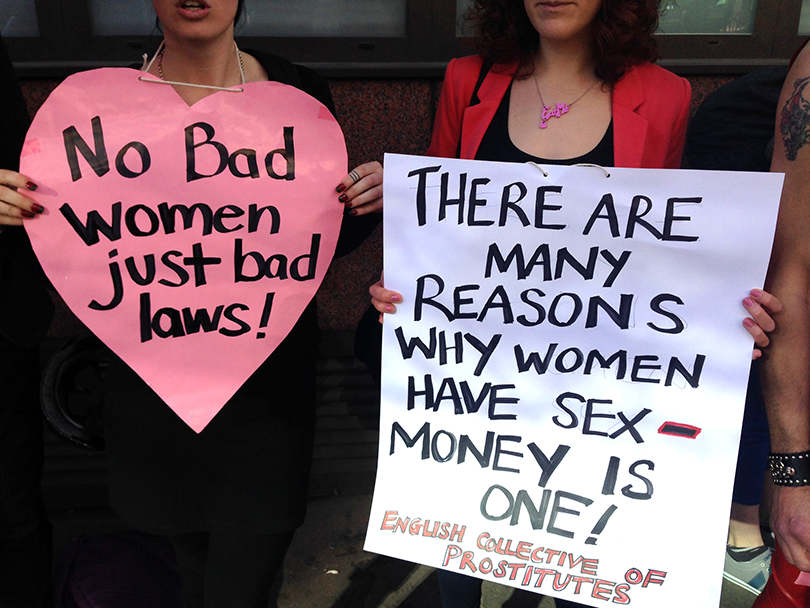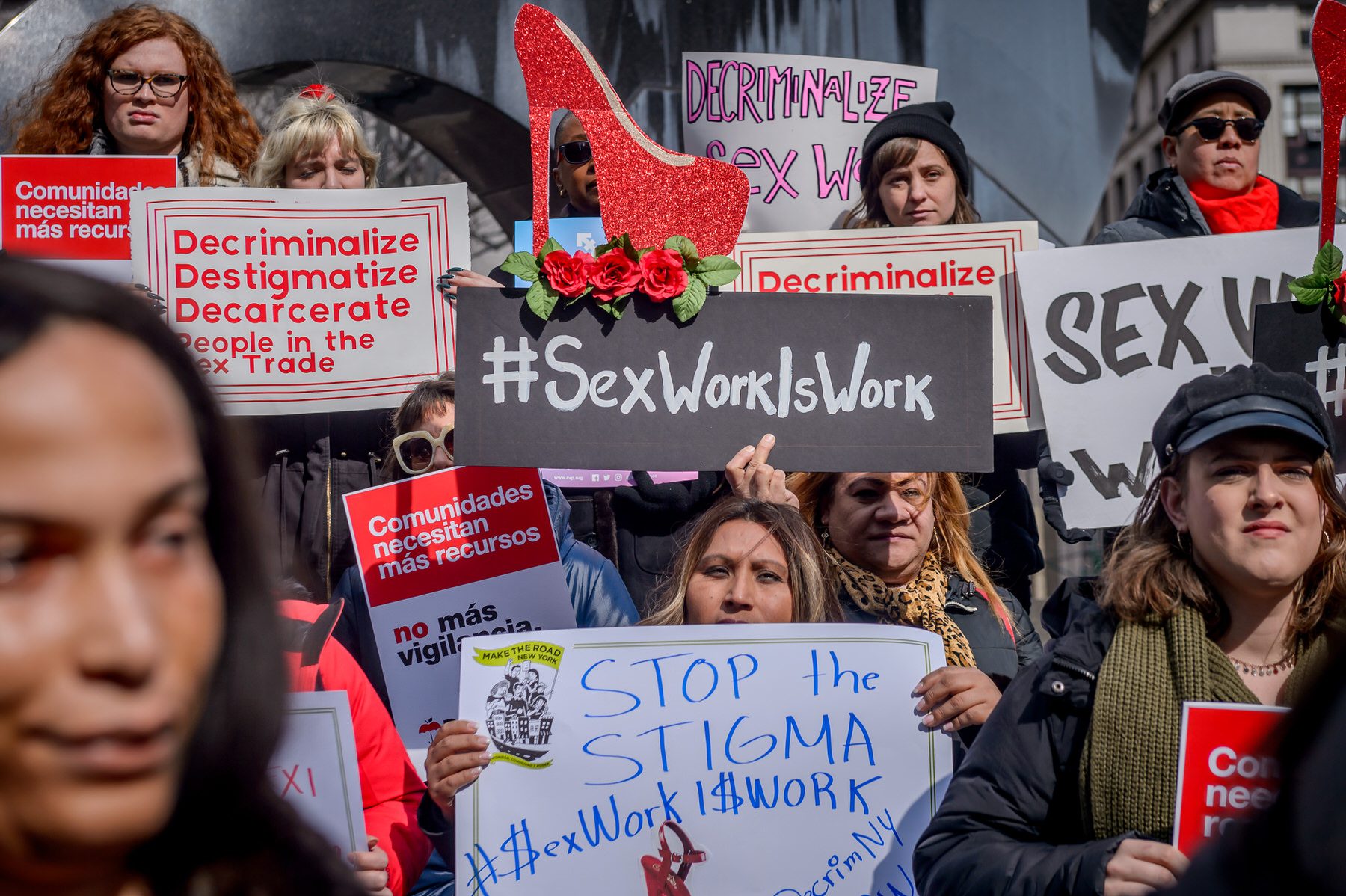Reference




OpenAI's Answer
Legal feminists often present several key arguments against the legalization of prostitution, rooted in concerns over exploitation, violence, and broader societal impacts on gender equality. Here are some of the primary arguments found through various sources:
- Exploitation and Coercion:
- Prostitution is often seen as inherently exploitative, with many women entering the industry due to coercion, economic necessity, or trafficking (source).
- Violence Against Women:
- Legal feminists argue that prostitution perpetuates violence against women. They highlight that legalizing prostitution does not eliminate the violence associated with it; rather, it may entrench it as an accepted norm (source).
- Economic Inequality:
- Legalizing prostitution is seen as accepting systemic economic inequalities that drive women into sex work as a means of survival. This perpetuates a cycle where vulnerable women are commodified (source).
- Objectification and Class Inequality:
- Prostitution is viewed as a form of gendered violence, contributing to the objectification and commodification of women’s bodies. This reinforces class inequalities, where a subset of women (often from marginalized groups) is deemed available for men's sexual use (source).
- Transformation into a Legitimate Business:
- Even if legalized, the sex industry would still be seen as fundamentally harmful. The argument is that transforming prostitution into a legitimate business does not remove its inherent abuses and the power imbalances at play (source).
- Impact on Women's Rights:
- Legal feminists worry that the legalization of prostitution normalizes the commodification of women, impacting women's overall rights and societal status. It is argued that true gender equality cannot be achieved if certain women are legally available for purchase (source).
These arguments highlight the complex interplay between legality, exploitation, and societal norms, emphasizing the broader implications for gender equality and the fight against systemic violence and coercion.
Follow Up
Related
What are some arguments for and against abiogenic petroleum production?
Why does Southgate reject the 'means to an end' argument in evolution?
What incidental arguments are cited against the hypothesis of abiogenic oil?
What are the arguments against the biogenic origin based on the Athabasca Oil Sands?